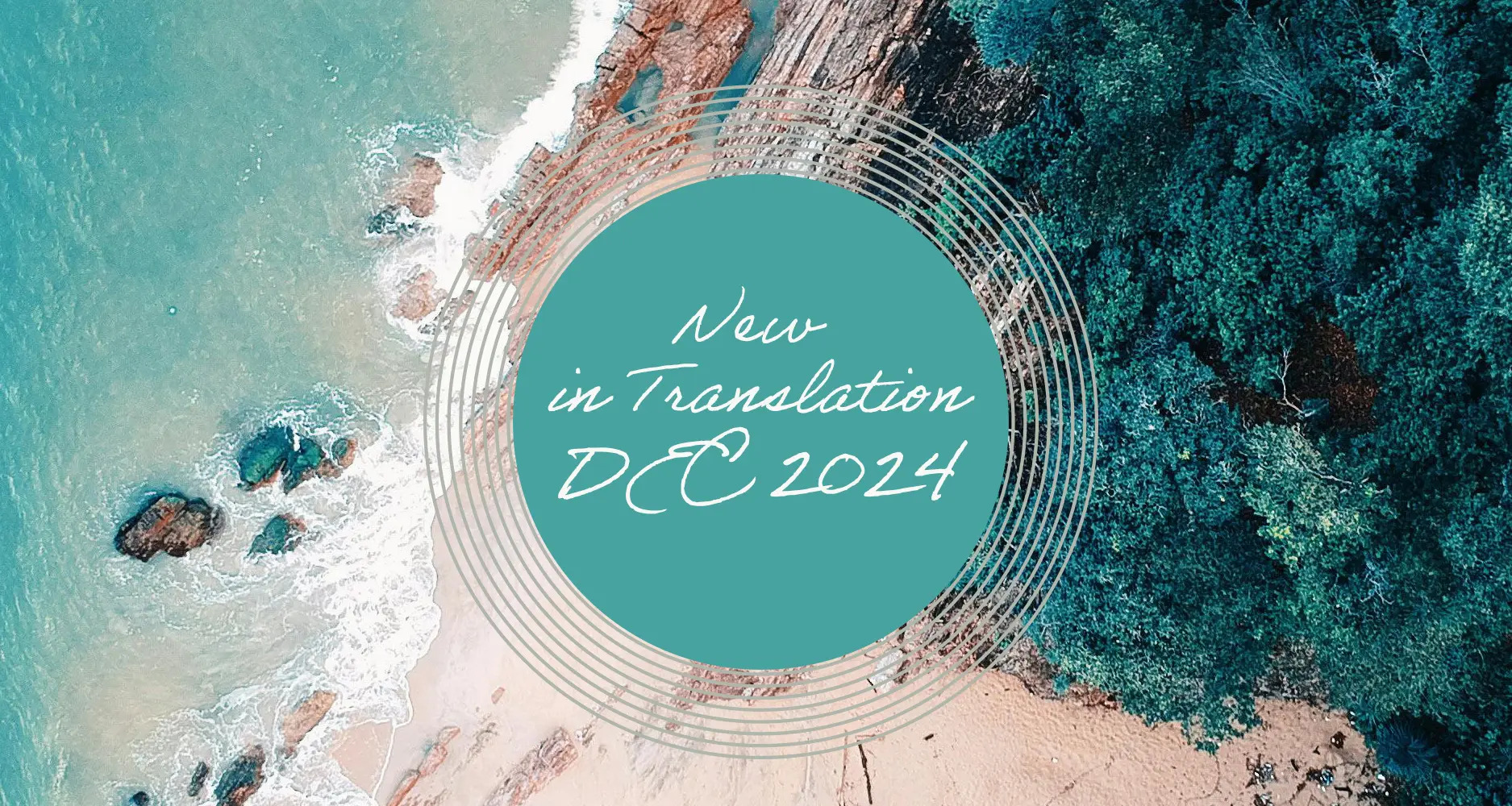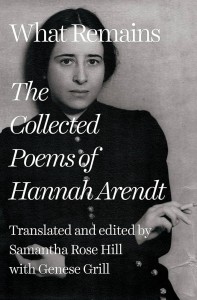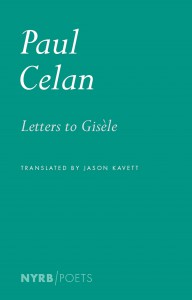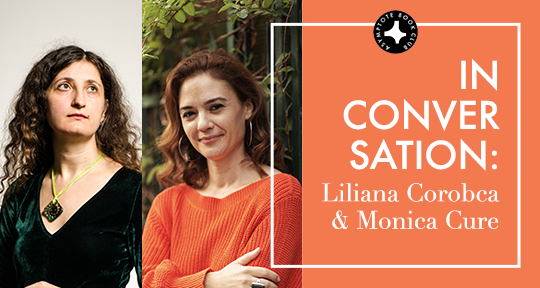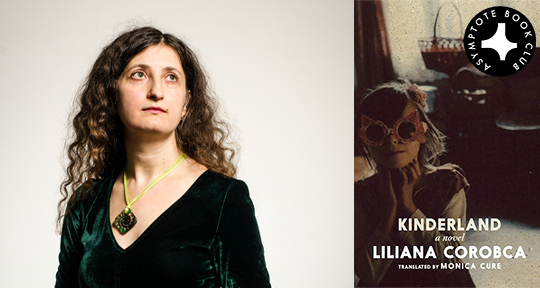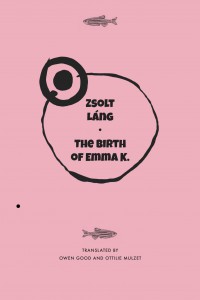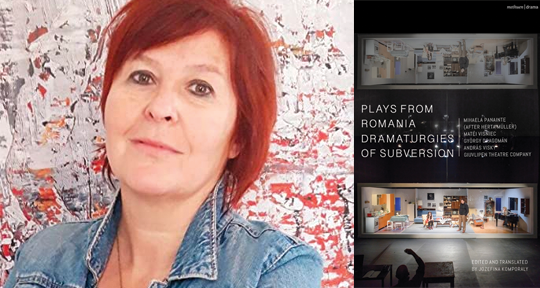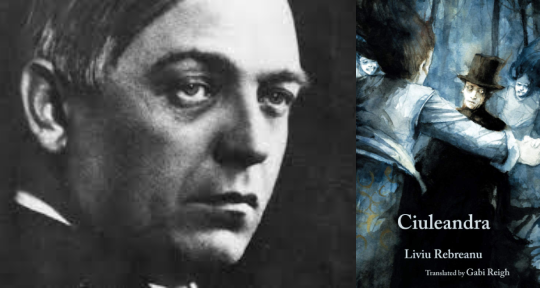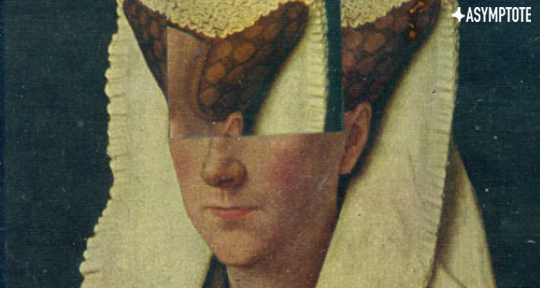This week, our editors-at-large introduce us to transnational literary communities and newly-translated classic literature. From experimental poetry festivals to reading recommendations in contemplation of the 79th anniversary of India’s independence, read on to find out more!
MARGENTO, Editor-at-Large, reporting from Romania
Indefatigable Florin Dan Prodan—just back from Egypt where he co-organized the performance poetry festival & interdisciplinary colloquium Interwoven Voices, and on his way to co-organizing a writing residency and poetry-and-music festival in Annapurna National Park (in Nepal’s Himalayas) and Pokhara City—threw a poetry festival in his home, northern Romania. Via Poetica, which ran from August 10th through the 14th, kicked off in the cultural hub and university city of Iasi and featured established names such as Radu Andriescu and Prodan himself alongside remarkable alternative voices such as past Asymptote contributor Simona Nastac, experimental novelist Paul Mihalache, and the lyrically contemplative Luminița Amarie. While the roster of performance poets slightly varied as the festival moved from Iasi to Prodan’s hometown of Suceava to the UNESCO-heritage medieval Voroneț monastery, a mainstay was the experimental avantgarde electronic music of Ranter’s Bay that has already resounded across Europe and beyond.
Special mention should be made of two genuinely experimental poets that were featured on every single night of the festival, whose inclusion contributed significantly to the festival’s international profile. Rhys Trimble, a Zambian-born Welsh poet, recently joined Prodan and the Zidul de Hartie (Paper Wall) collective’s initiatives, participating in both Interwoven Voices in Cairo, and now, Via Poetica in Romania. Trimble does bilingual work in Welsh and English and is strongly active as an improvisational performance and installation artist, musician, visual poet, and interdisciplinary-poetics academic. Another Welsh poet, David Greenslade, has split his time between Wales and Romania for a few years now, after traveling the world as an English teacher. He writes in both English and Welsh while experimenting (and performing) with “used and usable material objects” such as diagrams, tools, vegetables, and signs, and creatively engaging with visual and aural pareidolia (pattern-seeking misperceptions). READ MORE…


